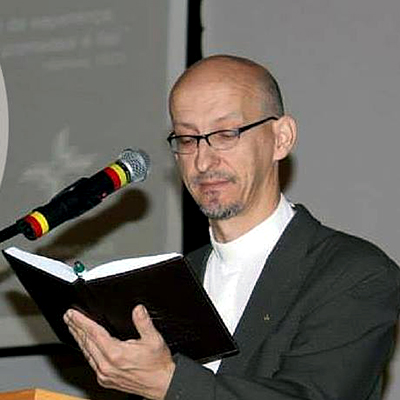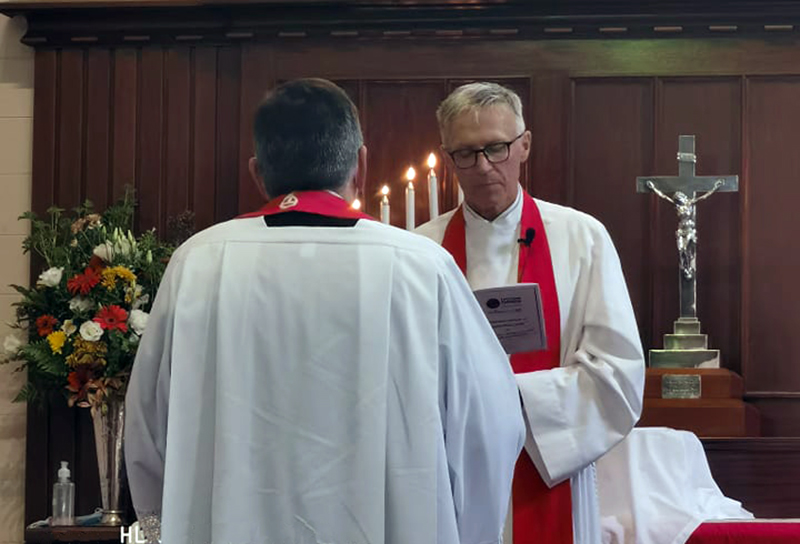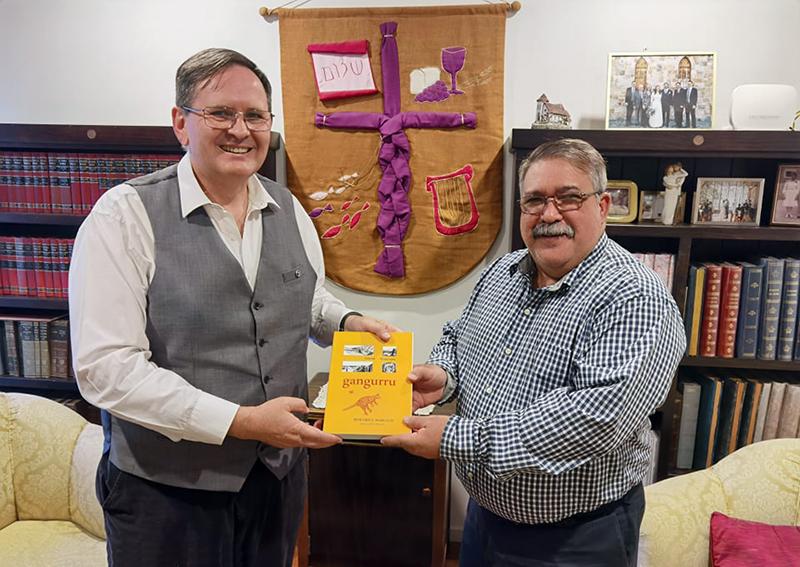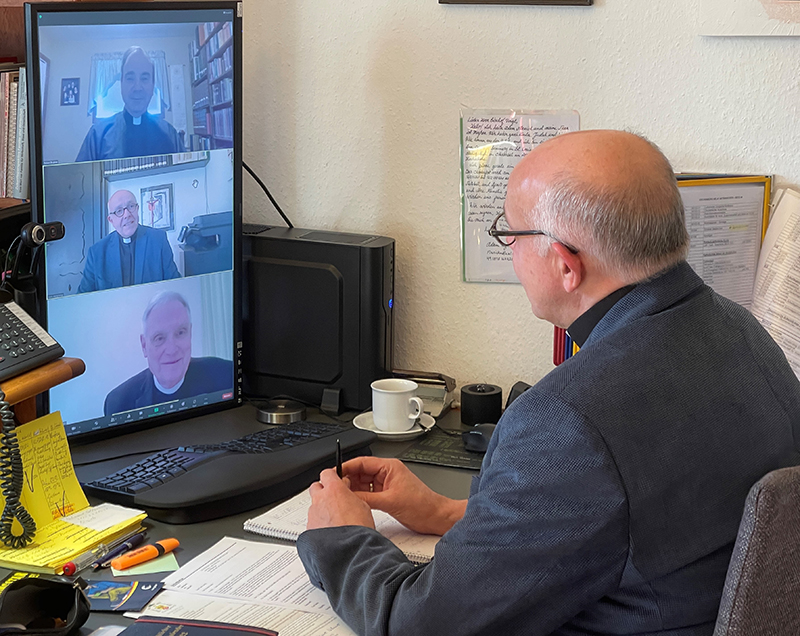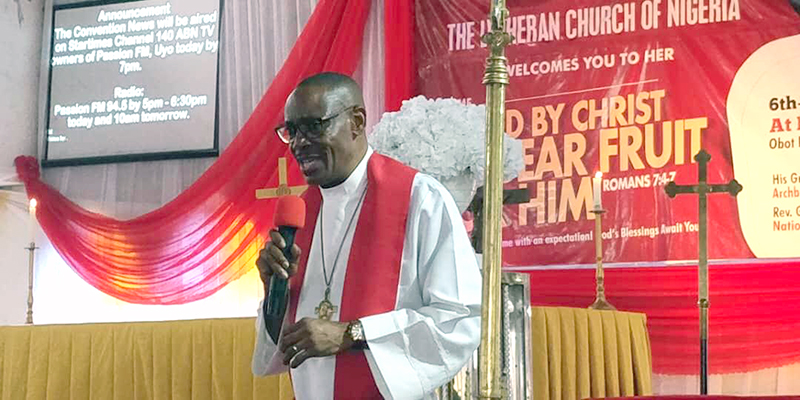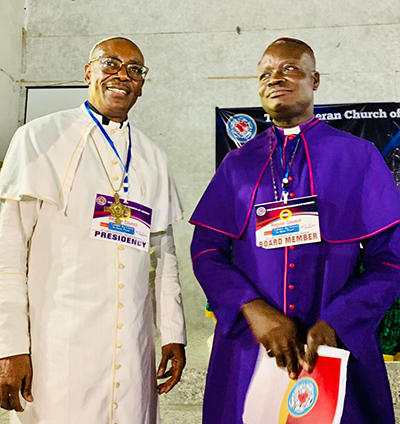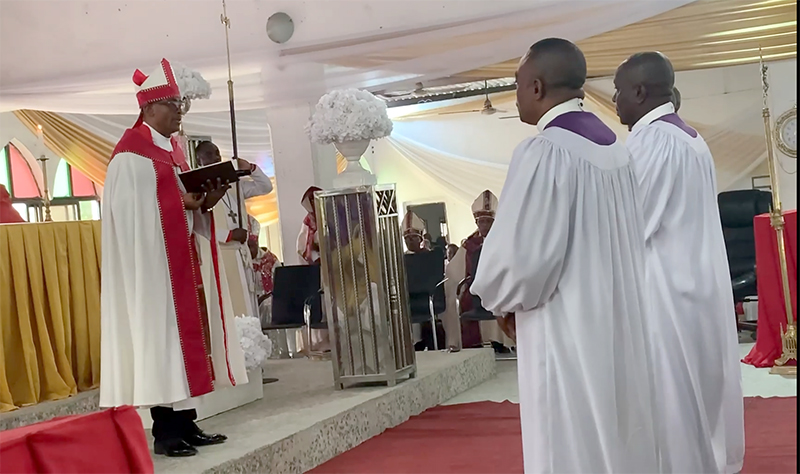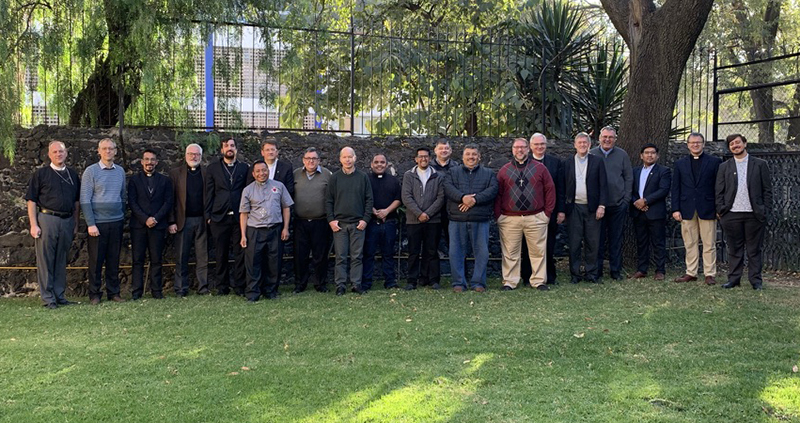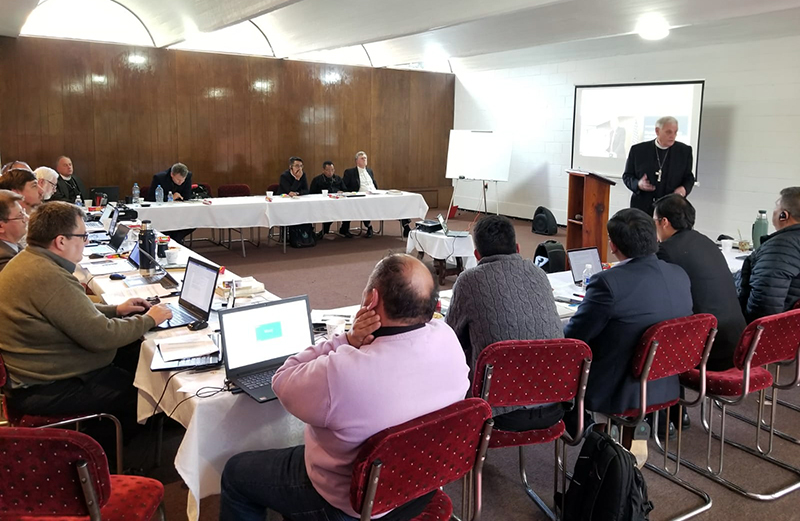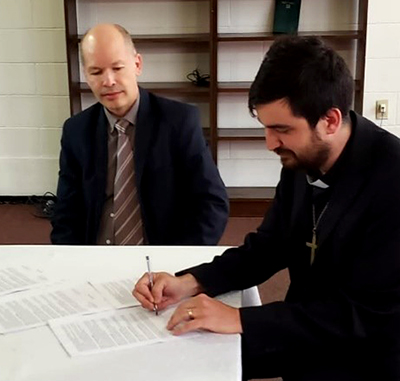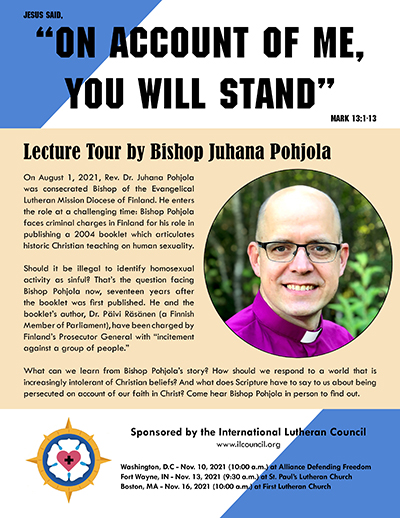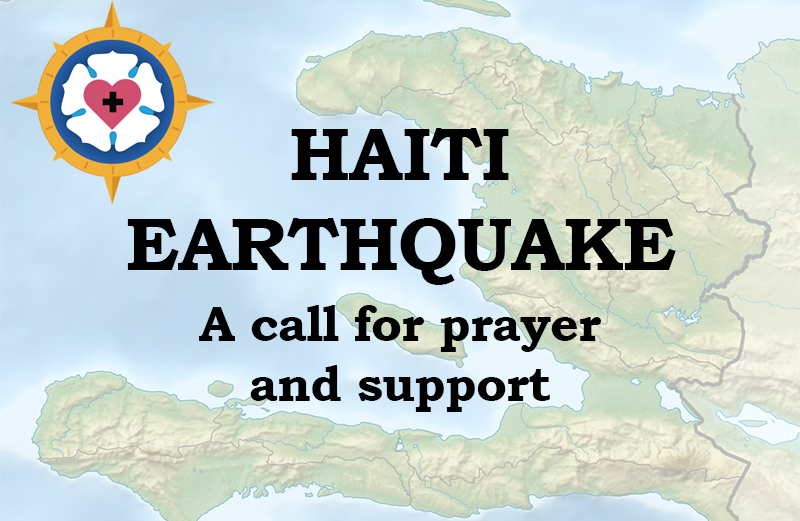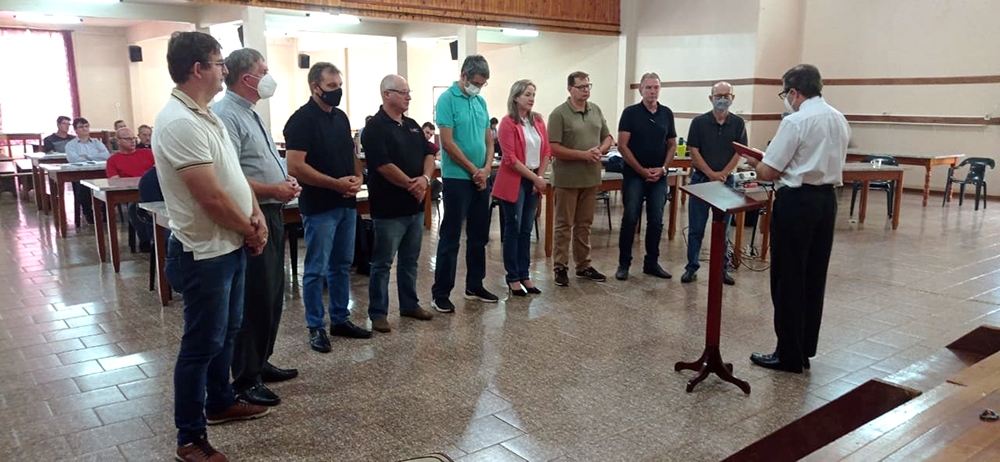
PARAGUAY – The Evangelical Lutheran Church of Paraguay (Iglesia Evangélica Luterana del Paraguay – IELP) has elected a new president. Rev. Alceu Alton Figur was elected to a three-year term during the church’s 40th Ordinary General Assembly, held March 12-13, 2022 in Santa Rita.
“It is a joy to congratulate you on your election to serve the church in Paraguay,” said General Secretary Timothy Quill of the International Lutheran Council (ILC) upon President Figur’s election. “May God bless you with His love and patience as you undertake this important work on behalf of His church.”
President Figur is originally from Brazil and studied for the ministry at Concordia Seminary in São Leopoldo. He spent the first three years of his ministry serving in Brazil. Since then, he has spent thirty years serving in Paraguay. He currently serves as pastor of Cristo Rey Lutheran Church in Asunción, Paraguay’s capital city.
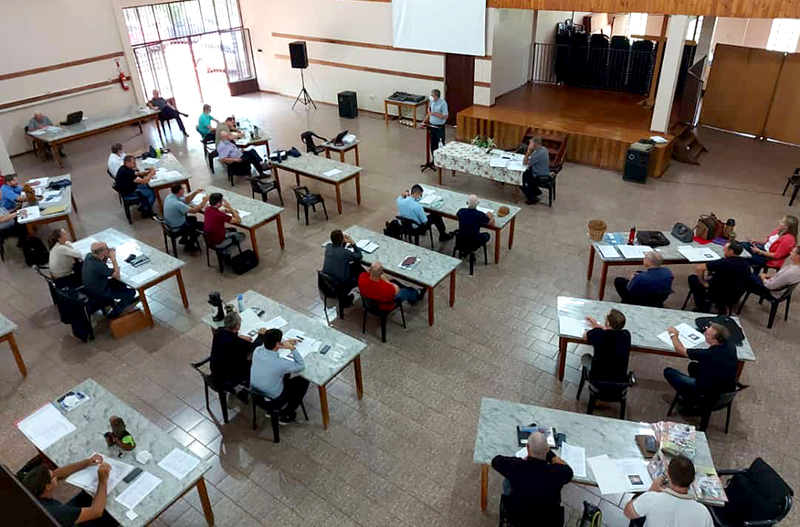
President Figur succeeds Rev. Eugenio Wentzel, who served five terms as President of the IELP: from 1992-1998, from 2007-2010, and from 2016-2022. President Emeritus Wentzel had earlier announced he would not be seeking reelection.
In addition to serving as president of the IELP, Rev. Wentzel served the International Lutheran Council as a member of its Board of Directors. Rev. Wentzel served as the representative for the ILC’s Latin America World Region from 2016 to 2018, and again from 2019 to 2022.
“I am very grateful to God for the opportunity to have served Him, recognizing my limitations, as one of the ILC’s regional directors,” President Emeritus Wentzel said. “I have learned a lot during these years. I thank God for this rewarding experience. May God continue to bless the work of the International Lutheran Council.”
“I want to thank Eugenio Wentzel for his service on the International Lutheran Council’s Board of Directors,” said ILC General Secretary Quill. “And we look forward to working together with President Figur moving forward.”
Because the International Lutheran Council elects church bodies and not specific individuals to serve as representatives for World Regions, this means that Rev. Figur automatically succeeds Rev. Wentzel on the ILC’s Board of Directors as representative for the Latin America World Region.
———————

